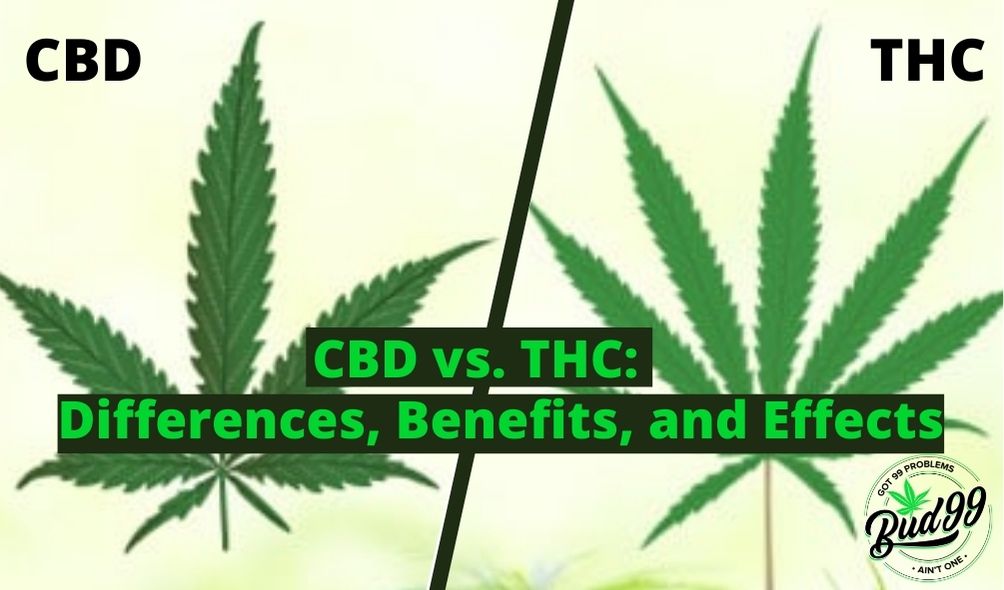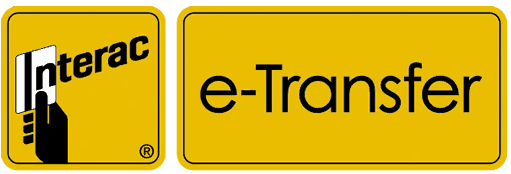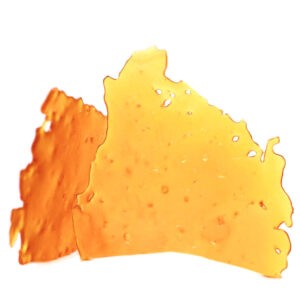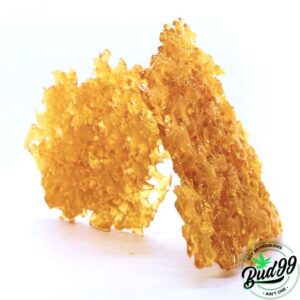Cannabidiol (CBD) and delta-9-tetrahydrocannabinol (THC) are two of many different cannabinoids found in cannabis. Once in the body, these substances interact with cannabinoid receptors to help limit or treat the effects of different health conditions. There are numerous cannabinoid receptors in the human body that cause unique physiological effects. Some of the potential uses of these cannabinoids (CBD) are nausea, pain, eating disorders, appetite loss, glaucoma, muscle spasms, multiple sclerosis and Alzheimer’s disease.
CBD vs. THC: Differences
Although both CBD and THC are found in cannabis and interact with the endocannabinoid system, there are a few importance benefits you should be aware of. The most remarkable difference between the two cannabinoids CBD and THC is the lack of psychoactive effects for CBD, so it does not cause the well-known cannabis high unlike THC.
These two cannabinoids interact with slightly different receptors in the human brain. Thus, CBD will unlikely get the user high. Meanwhile, THC gives the high that people usually associate with recreational cannabis. CBD-dominant cannabis has minimal THC, so a person will not take high when taking it, while those that contain THC will cause the user to experience a high.
If a person takes a CBD-dominant marijuana, they are using CBD from hemp, a plant closely related to cannabis. THC originates in the cannabis plant, and marijuana growers and producers extract it from that source.
CBD vs. THC: Benefits
CBD and THC have the same effects when it comes to treating medical conditions, but there are some variation in the uses of each one of them. CBD is typically used for migraines, seizures, inflammation, depression, psychosis and inflammatory bowel disease. Meanwhile, THC has the potential to treat insomnia, glaucoma, low appetite and muscle spasticity. You can use either of these two cannabinoids to help treat pain, nausea and anxiety.
CBD vs. THC: Side Effects
There are only a few side effects with these two cannabinoids. In fact, CBD has no known side effects. It is safe in large quantities, with the only potential side effects likely resulting from interactions with other medications the user is currently taking. On the other hand, a person using THC may experience a few temporary side effects, including dry mouth, memory loss, red eyes, slower response times, increased heart rate, coordination issues and a general feeling of being high.
Teenagers particularly experience adverse psychiatric effects from getting high, which might happen because their brain is still developing. Research has shown that regular or large THC doses can increase the risk of developing schizophrenia among people with a predisposition for the disease. CBD and THC has no apparent serious side effects, and both are not fatal for as long as they are correctly taken. Also, people who use recreational THC have little risk of developing addiction to it.
CBD vs. THC: Consumption
CBD and THC are both available as oils. Many people opt to vape or smoke CBD or marijuana, but this might not be a good option for people with certain conditions. Fortunately, CBD is available in many forms, such as oils, gels, gummies and supplements. THC also comes in many forms, including oils, tinctures, smokable products, capsules and edibles, like brownies and cookies.
These two cannabinoids might be similar in what they can help alleviate or treat, but their most important difference is that THC will cause a person to get high while CBD will not. It is important that for people to be familiar with the laws in their country before buying and using CBD or THC. Both of these cannabinoids are still considered illegal in some places and are only approved for recreational or medication use in certain states.





